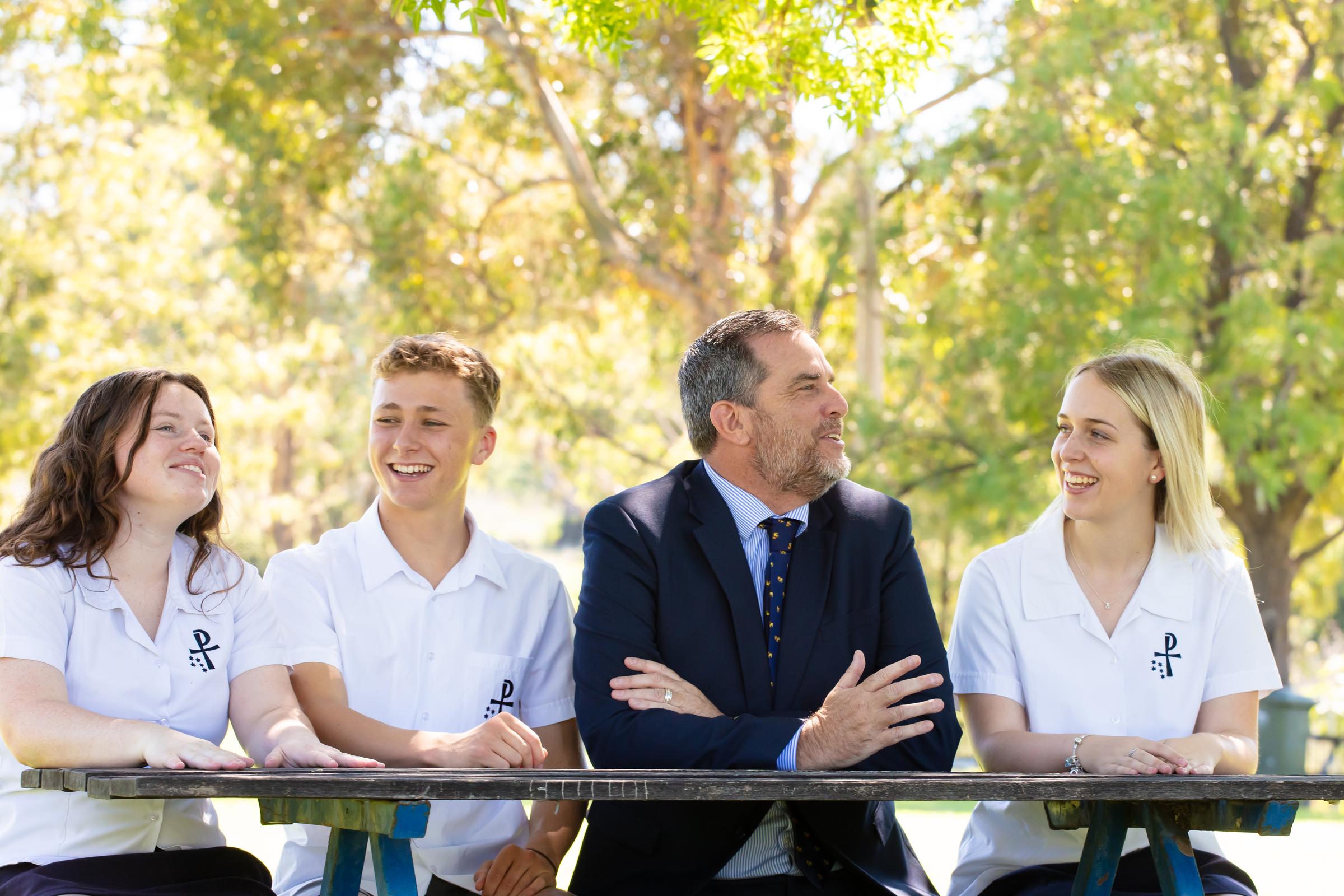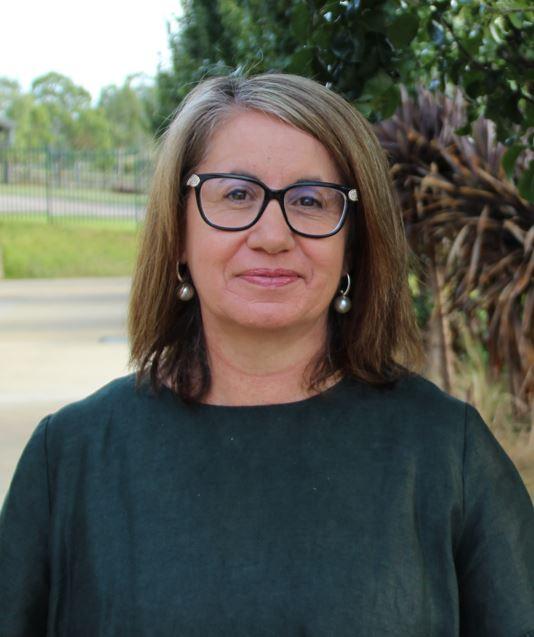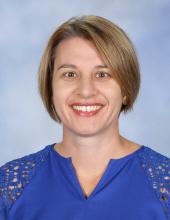Curriculum

Message to Yr 12 - post trials
Year 12 students, with your Trial Exams now behind you, it's crucial to take a thoughtful approach to your preparation for the HSC. Reflect on your exam performance to pinpoint your strengths and areas for growth. Did time management or specific topics challenge you? Use this insight to adjust your study routine. Consider incorporating a balanced study timetable that dedicates more time to areas of need while maintaining your strengths. Implement active revision techniques, such as summarising notes, practicing past papers under timed conditions, and utilising study groups for collaborative learning. Also, ensure you incorporate regular breaks and exercise into your routine to maintain focus and reduce stress. By refining your approach now, you'll be better equipped to achieve your best possible results in the HSC.
Year 11 students, as you enter your final term, it's essential to stay focused and committed. The end-of-year exams are just around the corner, and now is the time to create a structured study routine that will help you perform at your best. Dedicate a specific time each week to revising each subject, using various study methods like practice exams, note summaries, and group study sessions. Remember, your final report from this year holds significant weight—it will be a key factor that universities and potential employers consider when evaluating your applications. Persist through these last weeks with determination, knowing that the effort you put in now will set a strong foundation for your future opportunities.
Subject selection process
Thank you to the parents who joined us at the College for the 2024 Post Year 10 Information Evening that considered the various options available to students in 2025. The slides presented on the night were shared with all students and their families. Subject selections made by those intending to return to study Stage 6 at the College, along with other relevant data, were the basis for the Transition Interviews held on Tuesday of this week. The finalised selections will now be used to begin 2025 timetabling. Stage 5 elective choices, for students in Years 8 and 9 will occur towards the end of term.
NAPLAN Individual Student Reports
Students in Years 7 and 9 have received their NAPLAN reports. This is a timely opportunity to have a conversation with your child about their learning goals and progress. While NAPLAN is only one indicator of student progress it does provide some valuable insight into your child’s skills and knowledge in literacy and numeracy. If you need support understanding the report please visit https://www.nap.edu.au/naplan/results-and-reports or contact the school office.
English
This term in Year 7, we're exploring how stories are told through the indigenous play Honey Spot, focusing on how language and text represent ideas and values. In Year 8, we study the play House on Fire to understand storytelling through character, codes and conventions, and perspective. In Year 9, we analyze how documentary films like Blackfish use arguments and perspectives to motivate action on environmental issues. In Year 10, we delve into the play Macbeth, examining aspects like character, theme, and how the play’s structure supports its arguments.
TAS
This term in TAS, we are focused on using the design process to create solutions for real-world scenarios, applying safe work practices, employing a range of communication techniques to document the process, and evaluating the impacts of design on individuals, society, and the environment. We are applying these process to Wood and Metal, Agriculture, and Food Technology.
Maths
In Year 7 Maths, we're learning how to find the perimeter of shapes, the area of triangles and quadrilaterals, and how angles work. We use this knowledge to solve problems involving the edges of shapes and the circumference of circles. In Year 8, we focus on solving equations, applying the Pythagorean theorem, measuring circles, and calculating volumes of various shapes. In Year 9, we learn algebraic techniques, understand how shapes are similar or congruent, work with straight lines, and tackle financial problems like interest, earning, spending, and depreciation. Year 10 is all about solving different types of equations, working with straight lines, handling quadratic and non-linear problems, and using trigonometry for right angles.
PDHPE
In Year 7 PDHPE, the theory covers bullying, help-seeking strategies, inclusivity, and self-management, while the practical work involves investigating health practices and refining movement skills through activities like Space Invaders. In Year 8, the theory focuses on help-seeking, inclusivity, and effective interactions, with practical activities including court and target games to enhance and adapt movement skills. Year 9 centres on staying safe, planning health strategies, and managing complex situations, with practical work involving football sports and team fitness to improve movement skills and teamwork. In Year 10, the focus is on driver safety, managing situations, and promoting community health, with practical activities including slider hockey, lacrosse, and soccer/futsal to refine and innovate movement skills
Religious Education
In Year 7 Religion students explore the importance of prayer and different forms of worship in the Catholic Tradition, while also studying morality and justice through hands-on prayer practices. Year 8 focuses on understanding God as the highest good and the significance of the sacraments, with an emphasis on how these deepen Christian faith, particularly through the Sacraments of Initiation. In Year 9, students examine Christian morality by studying the Ten Commandments and Beatitudes, applying these teachings to guide their ethical choices and daily life. Year 10 introduces social justice, exploring its roots in Jesus’ example and Catholic social teaching, and students apply the ‘See, Judge, Act’ approach to address contemporary issues and understand the social dimensions of personal responsibility.
We will feature other subjects in our next Newsletter.
Sally Sparke
Assistant Principal Curriculum
ssparke@arm.catholic.edu.au
Heather Burke
Leader of Pedagogy/Curriculum
hburke1@arm.catholic.edu.au
Nicole Anderson
Leader of Pedagogy/Literacy Coach
nanders2@arm.catholic.edu.au



